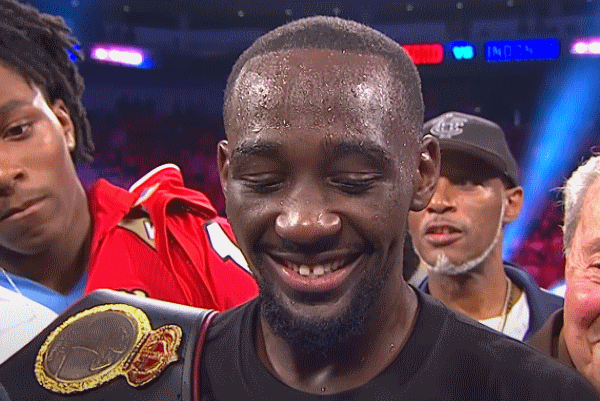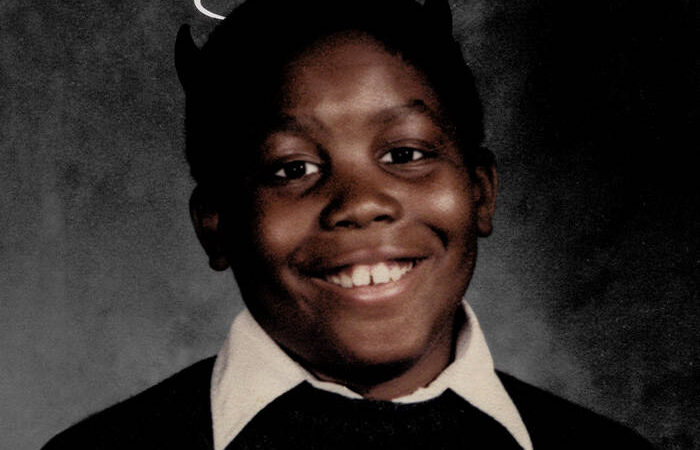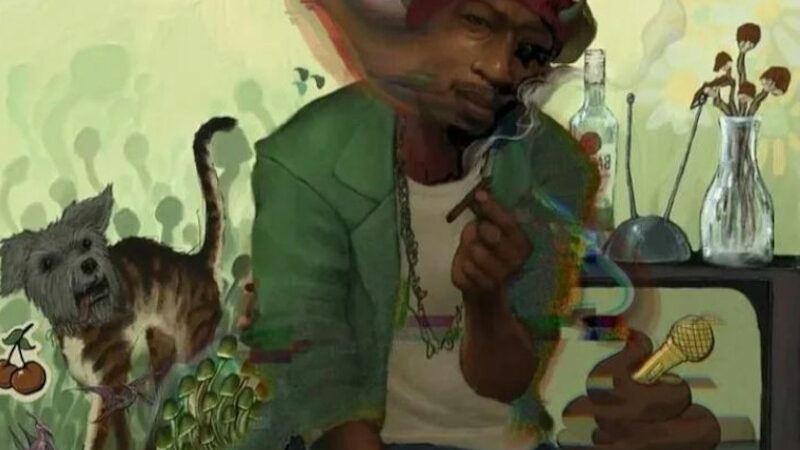A few weeks ago, it was rumored that Marvel was working on a Black Panther movie. They had reportedly commissioned a script from Mark Bailey, which turned out to be damned good. Upon hearing this news, Black comic book readers everywhere became filled with something that they rarely feel: hope. Those hopes were summarily dashed when it was announced that Marvel would be developing Guardians of the Galaxy instead. As if the situation weren’t disappointing enough, Marvel Co-President Louis D’Esposito recently made a rather infuriating comment at the San Diego Comic-Con during an interview with MTV.
While discussing the second phase of releases from Marvel Studios, he deemed the fictional nation of Wakanda (the Black Panther’s native country) as being “difficult” to bring to the big screen:
“He has a lot of the same characteristics of a Captain America: great character, good values,” said the Marvel exec. “But it’s a little more difficult, maybe, creating [a world like Wakanda]. It’s always easier basing it here. For instance, Iron Man 3 is rooted right here in Los Angeles and New York. When you bring in other worlds, you’re always faced with those difficulties.”
Get More: Movie Trailers, Movies Blog
Let me offer a bit background for the uninitiated. In the Marvel Universe, The Black Panther isn’t merely “superhero.” He’s the proud warrior king of Wakanda, a fictional nation located in Northeastern Africa. According to Marvel lore, Wakanda is the most technologically advanced society on earth. Its capital city, Central Wakanda, is a highly mechanized utopia that sits in the middle of the jungle. The country itself rests atop a deposit of Vibranium, a rare and powerful metal that serves as its most valuable resource. Despite its status as a glowing metropolis, Wakanda remains remarkably in touch with its tribal roots. The Black Panther is a part of that legacy.
Bearing all of that in mind, let’s look at Bailey’s comments from historical standpoint. In recent years, Hollywood has brought a number of fantasy worlds to glorious life, many of which were vastly more difficult to visualize than Wakanda. Just last year, Kenneth Branaugh brought a fairly serviceable version of Asgard to the big screen. Christopher Nolan very subtly used CGI to turn Chicago into Gotham city. Giant robots lumbered through both Chicago and Los Angeles in Michael Bay’s Transformers trilogy. The legendary Stanley Kubrick once deemed the fantasies of J.R.R. Tolkien “unfilmable,” yet, decades later, Peter Jackson brought the kingdoms of Middle Earth to glorious life. Monty Python alumni Terry Gilliam found Alan Moore’s seminal graphic novel Watchmen an equally daunting task, yet Zack Snyder somehow found a way.
One can reach even further back into the annals of film history for superb examples of fantasy come to life. Stanley Kubrick Masterpiece 2001: A Space Odyssey was made well before the advent of CGI and other modern special FX techniques, yet it still holds up beautifully. Star Wars Episode II: Attack of the Clones introduced audiences to Coruscant, a city that occupies nothing less than an entire planet. Yet even before the prequels, The Star Wars films bounded effortlessly from one strange alien civilization to another. In light of the aforementioned examples, Bailey’s comments are laughably ignorant.
They also conveniently dodge the real issue here. As a character, The Black Panther embodies all that Hollywood has always feared. He’s a powerful Black man. His physical prowess is matched by intelligence and moral fortitude. He’s a born leader. As such, he’s a character with considerable crossover appeal. Black males in the Marvel Cinematic universe are usually relegated to supporting roles. They fight alongside their white male counterparts, but are never the main focus. A Black Panther movie, if done right, could really change the game. That would mean a shift in the status quo, and the powers that be can’t have that.
The only true obstacles in bringing the Black Panther to the screen are fear and racism. He’s no more difficult to adapt than any of the other projects that Marvel has in development at the moment. While T’Calla languishes in development Hell, Marvel studios plans to return to Asgard with Thor: The Dark World. They’ll also be bringing a talking raccoon and a talking tree to life in Guardians of the Galaxy. Marvel’s cinematic universe has become so expansive, yet it has no room for a nation of highly-advanced Africans? The more things change, the more they stay the same.
Follow Us on Twitter @ http://twitter.com/planetill
Become a citizen of Planet Ill. Join our Forums
Join Us on the Planet Ill Facebook Group for more discussion
Follow us on Networked Blogs






